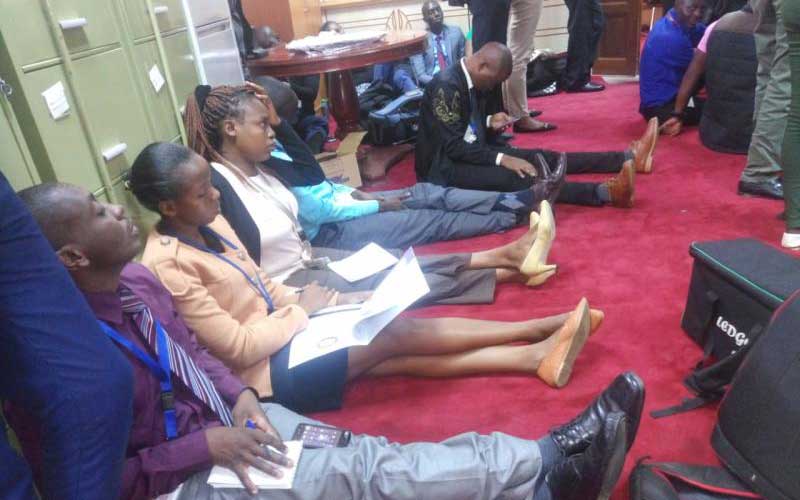×
The Standard e-Paper
Join Thousands Daily

Threats by lawmakers recently to eject journalists from Parliament over alleged negative media coverage are not only unwelcome but a violation of the rights of the journalists to execute their duties as protected by the Constitution and other international instruments Kenya is a signatory to.
The threats are not new. The latest ones were triggered by media reports that a huge number of the lawmakers had travelled for a summit in the United States where they will draw millions shillings in allowances.







